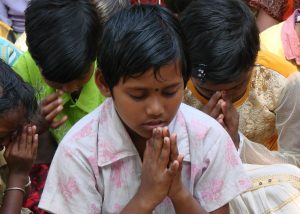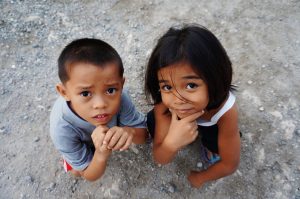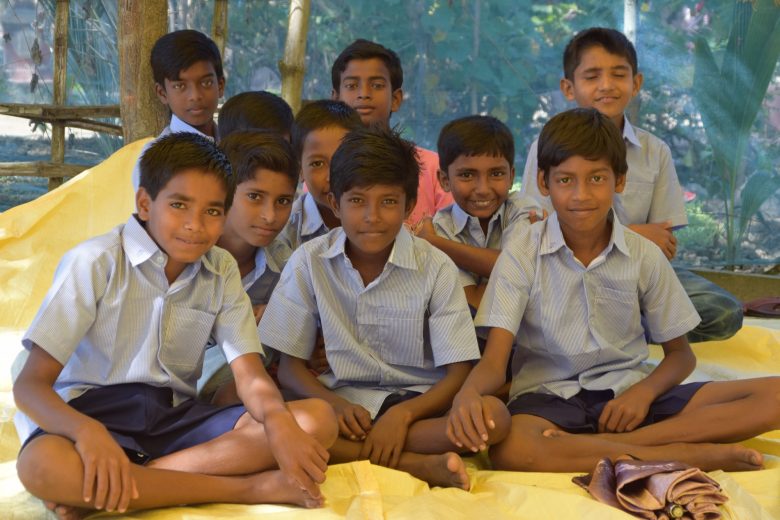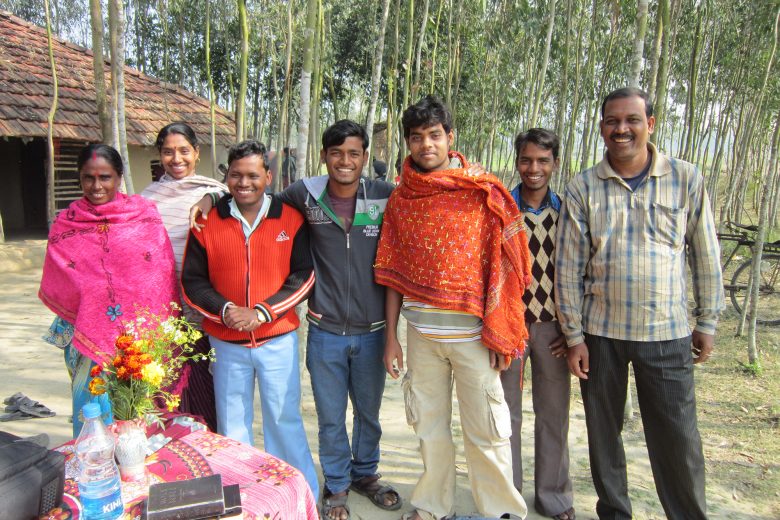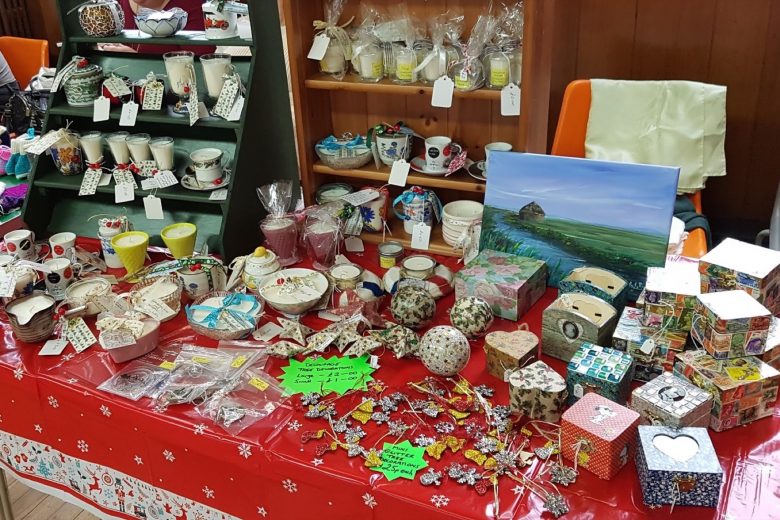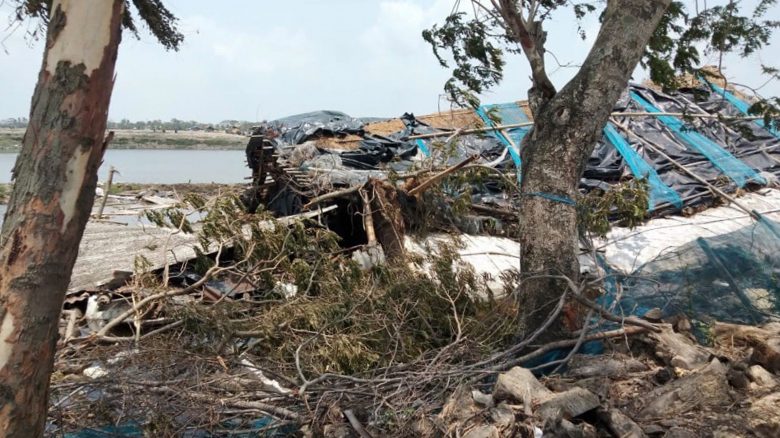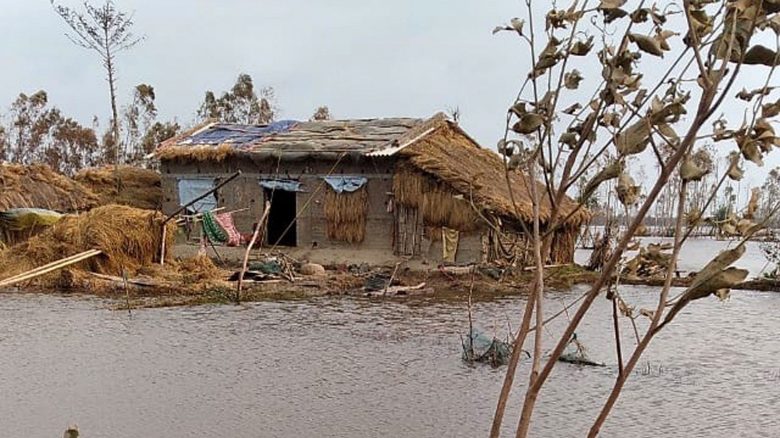
Onwards to Rupamari – Reflections on my first visit to India – Part 4
When God placed India and the work of Vision for Asia on my heart two years ago, I thought it had to be a mistake. But out of obedience, I joined, and I went.
Leaving the mainland behind us with its mayhem and cacophony of incessant car horns, I cannot express my feelings as the small boat carried us towards Rupamari. The only sound being the chugging of the motor and happy laughter from friends old and new.
Wild beauty.
The land either side of us tugged at my heart with its wild beauty. The endless waters, the winding creeks, the washed greenness of the islands with mangrove which clung to the earth as if for dear life seemed like heaven on earth to my jaded eyes. The idyllic scenes, the rustic fishing boats, the vivid blues of the sky, and the greens of various hues of the mangroves were addictive.
As well as the thousands of people who live and work in this region this area of West Bengal is home to wildlife such as spotted deer, crocodiles, snakes, monkeys and of course, the spectacular and legendary Royal Bengal Tiger. And we saw none of them.
The harshness of life.

As we were nearing Rupamari Island, I reminded myself of the fact that far from being an idyllic holiday destination, life there is not easy. There is little access to clean drinking water and a lack of food, resulting in poor nutrition. The main area of work for the inhabitants is either farming or fishing; learned skills which have been passed down through the generations.
The populated islands consist of a network of raised mud walkways around large paddy fields and ponds in which to cultivate fish and tiger prawns. However, climate plays a rude villain to the people of these island, as they are prone to yearly shocks of pre-monsoon cyclones, which severely damage habitation. The cyclonic storms and floods breach the banks, inundate the localities, render people homeless, and make agricultural lands completely unusable for years.
Life is hard for the people who call this place home.

Impending destiny.
As the boat pulled adjacent to Rupamari Island I was jittery with anticipation. It was as if a theme song of impending destiny was playing in the background. I had been craving this moment since taking on the role of project manager and now it was finally here.
Waiting for the go-ahead to disembark, I found myself thanking God for those people back home who, through their generous donations, had made this moment possible for me. There was absolutely no way I could afford to be here. I just knew that God wanted me to come, and I trusted that He would provide. And He did. From the generosity of the friend who gave me a cheque for the total amount of my flights, the neighbour who put in an envelope what remained from her pension each week, to the cheques which appeared out of the blue for amounts in between.
My heart was full of gratitude for these amazing friends. In the words of one of Vision for Asia’s key phrases, God used ordinary people for His extraordinary purposes.
There is just something incredible about knowing you’re EXACTLY where you’re supposed to be.

You can read “An Island Welcome” in Reflections on my first visit to India – Part 5 very soon.

